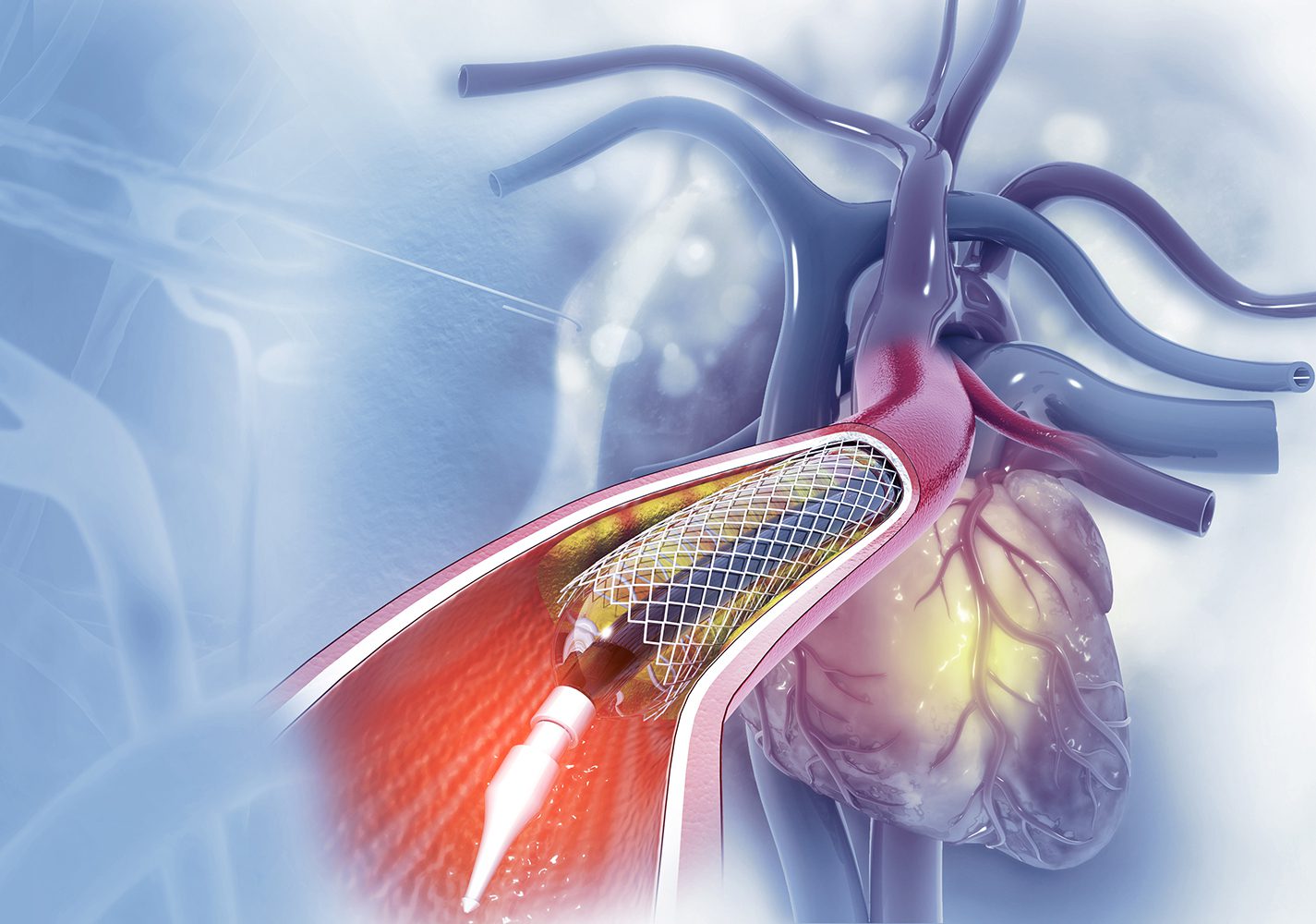Interventional Cardiology: Time is Muscle in Heart Health
In the world of medicine, few specialties have the power to literally mend broken hearts. One such realm is interventional cardiology, a field where Dr. Lauren Golden has dedicated her expertise to saving lives through groundbreaking procedures in heart care. Dr. Golden is helping us delve into the intricate world of interventional cardiology at Conway Medical Center and how timely interventions can save lives and prevent long-term complications.
What is Interventional Cardiology?
Interventional cardiology is a branch of cardiology that uses catheters (thin, flexible tubes) and other small instruments to diagnose and treat various heart conditions. Unlike traditional open-heart surgery, interventional cardiology procedures are minimally invasive, meaning they require smaller incisions or no incisions at all.
“We navigate through the intricate pathways of the cardiovascular system to reach the heart, addressing issues like coronary artery disease, heart valve problems, and more,” explained Dr. Golden. “The great thing about these procedures is that we perform them using catheters and advanced imaging techniques, minimizing the need for open-heart surgery and reducing recovery times for our patients.”
Common Procedures in Interventional Cardiology
Percutaneous Coronary Intervention (PCI) Also known as angioplasty
One of the most common procedures in interventional cardiology is PCI. Dr. Golden emphasized its significance in clearing blockages in coronary arteries. “During angioplasty, we insert a small balloon into the narrowed artery and inflate it to widen the vessel, restoring blood flow to the heart. It’s remarkable how this relatively simple procedure can be a lifesaver,” she remarked

Stent Placement
Stents are used not only in angioplasty but also as standalone treatments. They help maintain blood flow in narrowed or blocked arteries, reducing the risk of future blockages.
“Stents act as scaffolding, supporting the artery walls and preventing them from collapsing,” added Dr. Golden “This ensures a sustained open passage for blood to reach the heart.”
The Importance of Time in Heart Health
In the United States, someone has a heart attack every 40 seconds on average, and heart disease is the leading cause of death. A heart attack happens when part of the heart muscle does not get enough blood. The more time that passes without treatment to restore blood flow, the greater the damage to the heart muscle. In the context of interventional cardiology, the phrase “time is muscle” underscores the critical importance of timely intervention in preserving heart muscle function.
“When a blockage occurs in one of the coronary arteries, it restricts blood flow to a portion of the heart muscle,” said Dr. Golden. “Without adequate blood supply, the affected muscle tissue can become damaged or die so when a patient presents with symptoms time is of the essence. Restoring blood flow to the affected area as quickly as possible is so important because delays can result in irreversible damage to the heart muscle.”
Studies have shown that for every minute that passes without treatment during a heart attack, the risk of permanent heart damage increases. Timely interventions like those performed by Dr. Lauren Golden and CMC’s Interventional Cardiology team play a crucial role in salvaging heart muscle and preventing further complications. By opening blocked arteries and restoring blood flow, these procedures can limit the extent of damage and improve patient outcomes. In some cases, interventions performed within the golden hour—the first hour after symptom onset—can mean the difference between life and death.
“The real triumph of interventional cardiology lies in the immediate relief it offers to patients,” recounted Dr. Golden. “I’ve witnessed countless individuals go from gasping for breath to taking deep inhalations within moments of the procedure. It’s not just about saving a life; it’s about restoring the quality of life too.”
CMC’s Cardiac Care: Innovative Treatment and Compassionate Care
Interventional cardiology at CMC plays a vital role in the management of cardiovascular diseases. Its minimally invasive nature, combined with the continuous advancements in technology, allows our patients to receive effective treatments with less disruption to their lives. If you or a loved one are facing heart-related issues, consult with one of our cardiologists at CMC Cardiology to explore the possibilities of interventional cardiology as a treatment option. Your heart health is important, and Conway Medical Center offers innovative solutions to improve it.

Lauren Golden, MD
Fellowship trained in Cardiovascular Disease at Baylor St. Luke’s Medical Center
Fellowship trained in Interventional Cardiology at Baylor St. Luke’s Medical Center
Board Certified in Internal Medicine by the American Board of Internal Medicine
Board Certified in Cardiovascular Disease by the American Board of Internal Medicine




